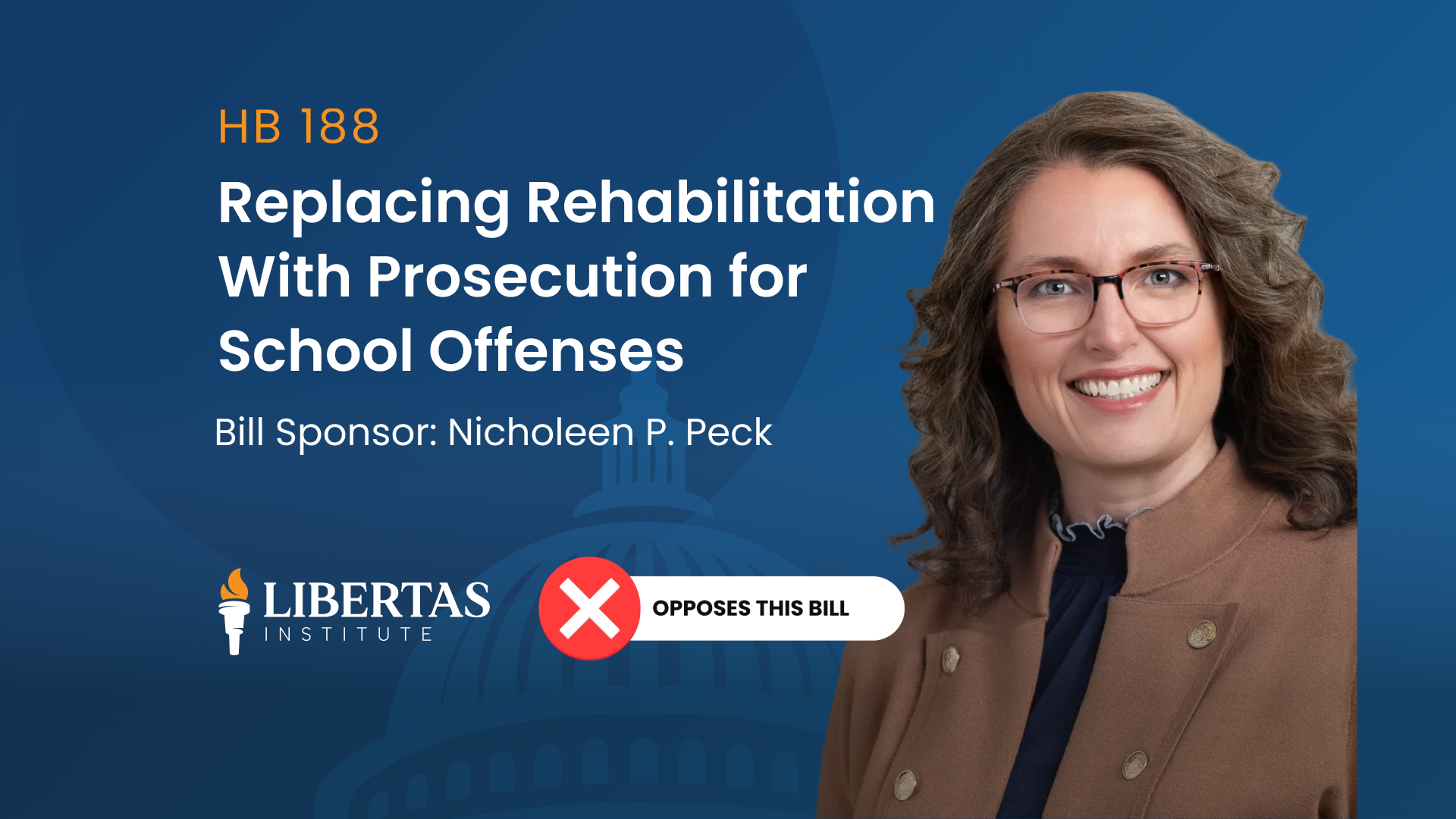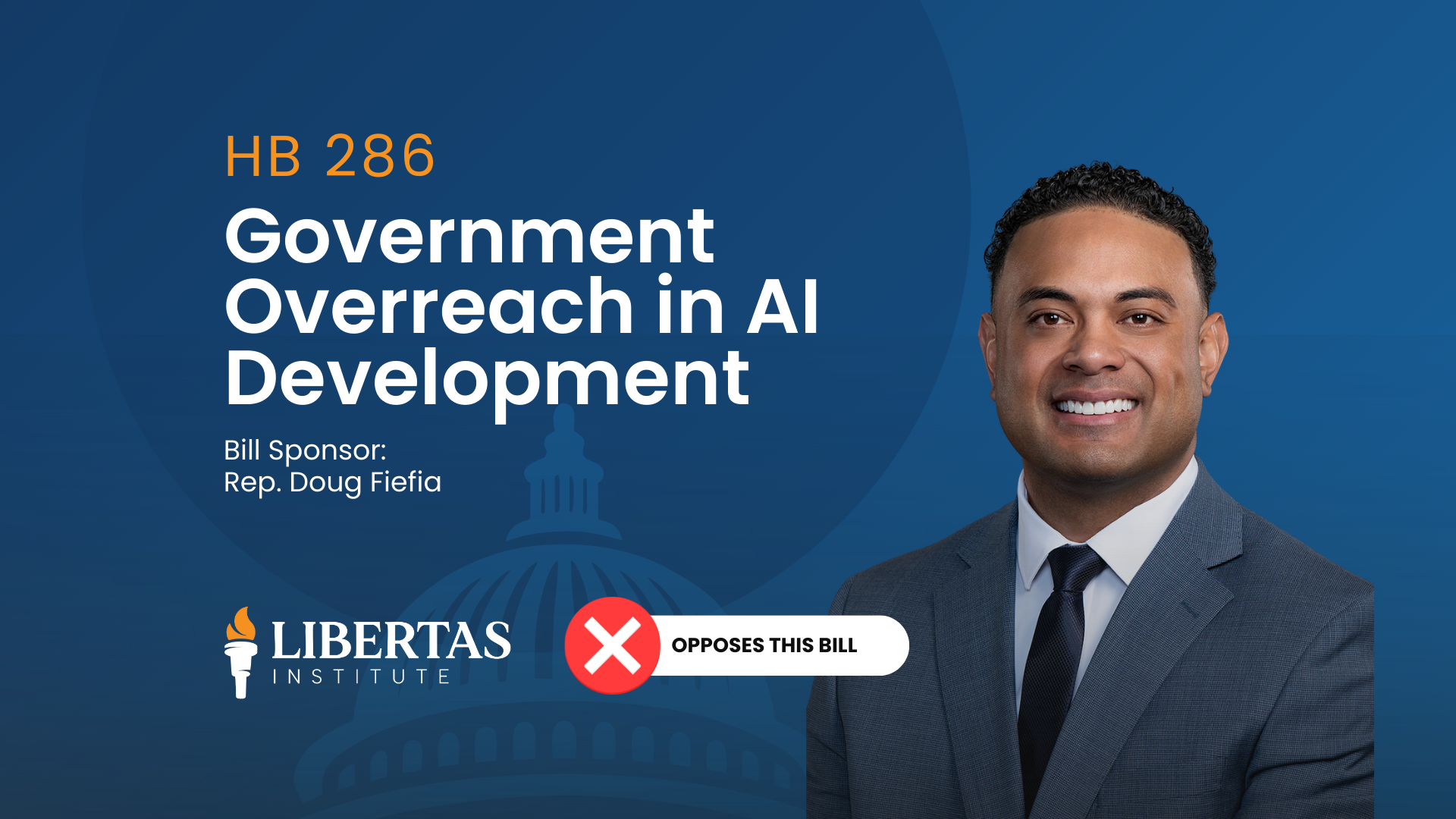This bill passed the House 68-3 and passed the Senate 20-6.
Libertas Institute supports this bill
Thousands of Utahns drive outside their home county to and from work every day. For those commuting along the Wasatch Front, they’re all too familiar with the bright sun gleaming in one side of their car on the way to work, and the other on the way home. And strategically placing the sun visor can only keep out so much light, making it difficult to see. A better solution is darker window tinting.
Utah allows windows tinting in the front two windows of a vehicle — but not much. Under current law, 43% of exterior light must be able to pass through. This standard is far brighter than surrounding states, who allow for much darker tint:
- Idaho: 35%
- Wyoming: 28%
- Colorado: 27%
- New Mexico: 20%
- Arizona: 33%
- Nevada: 35%
Senator Dan McCay is sponsoring Senate Bill 149 to lower the allowed vehicle tint for the front two windows from 43% to 25% light transmittance.
We live in a desert state that can be extremely hot and bright for many months out of the year. Darker tint can help keep cars cooler and reduce the vision barrier from the bright sun while going to and from work among other benefits.
Law enforcement may argue that darker window tint makes them feel more unsafe when approaching vehicles. But this is a speculation that simply isn’t based in fact. Plenty of other states have far darker tints without higher incidents between vehicle passengers and law enforcement.




